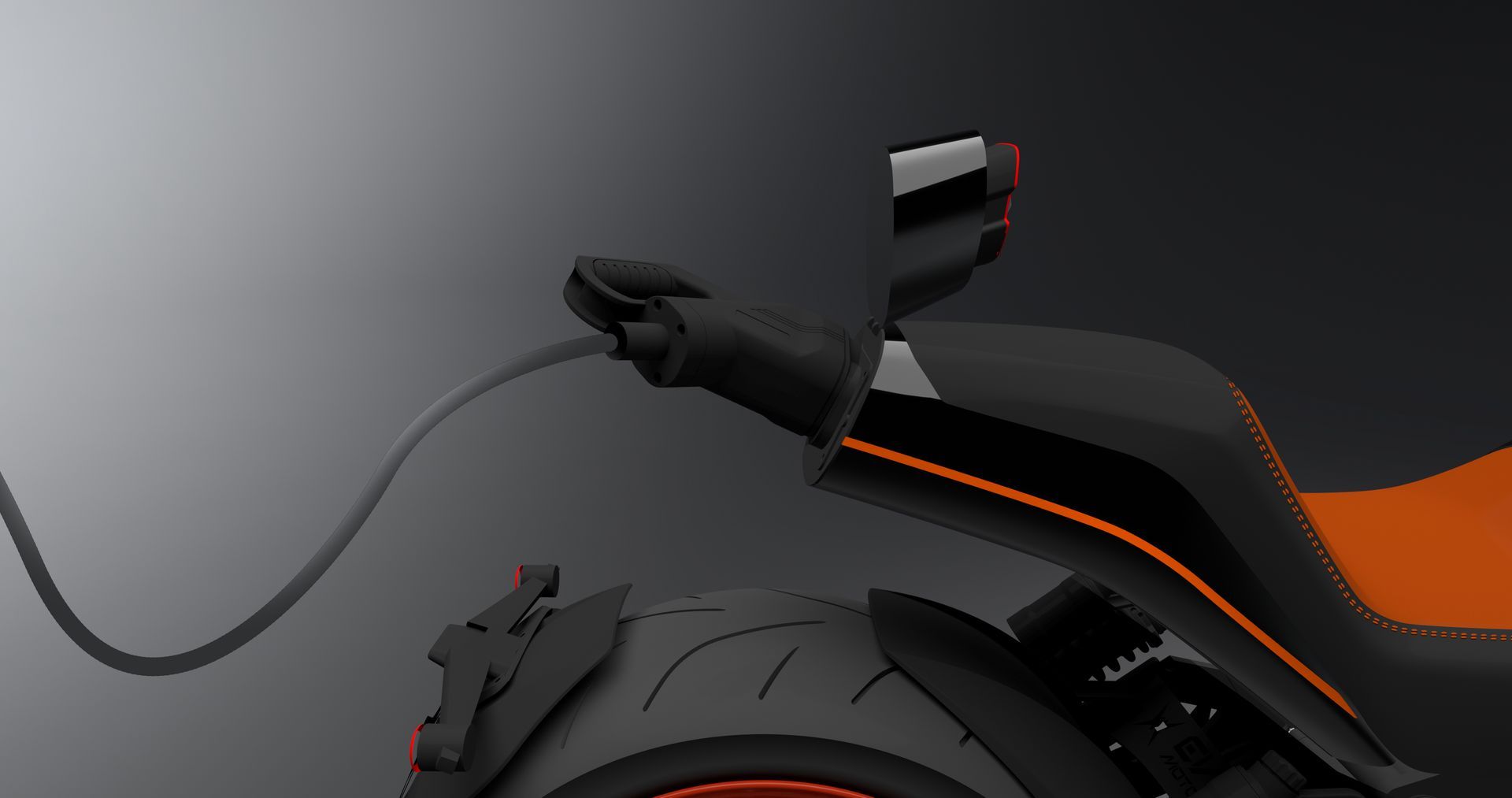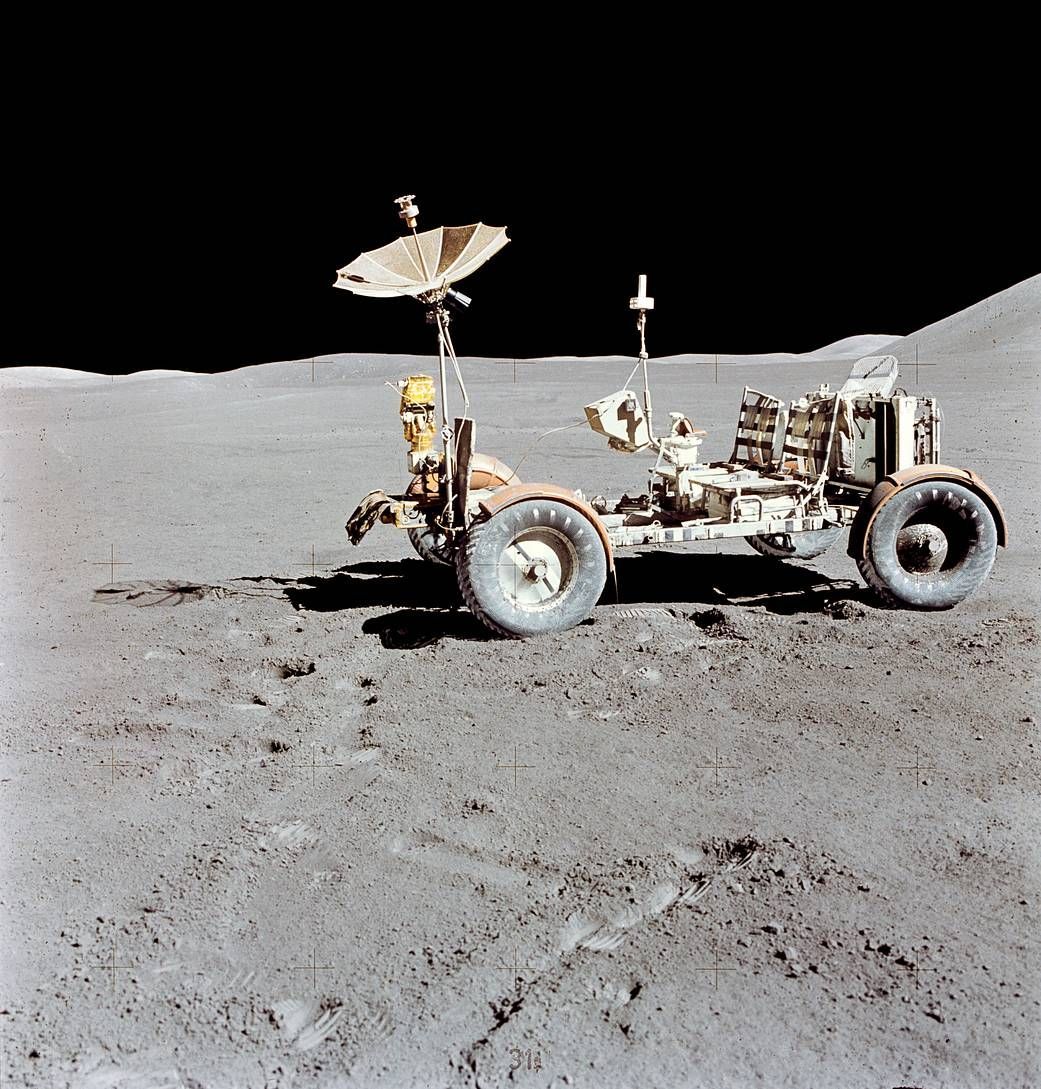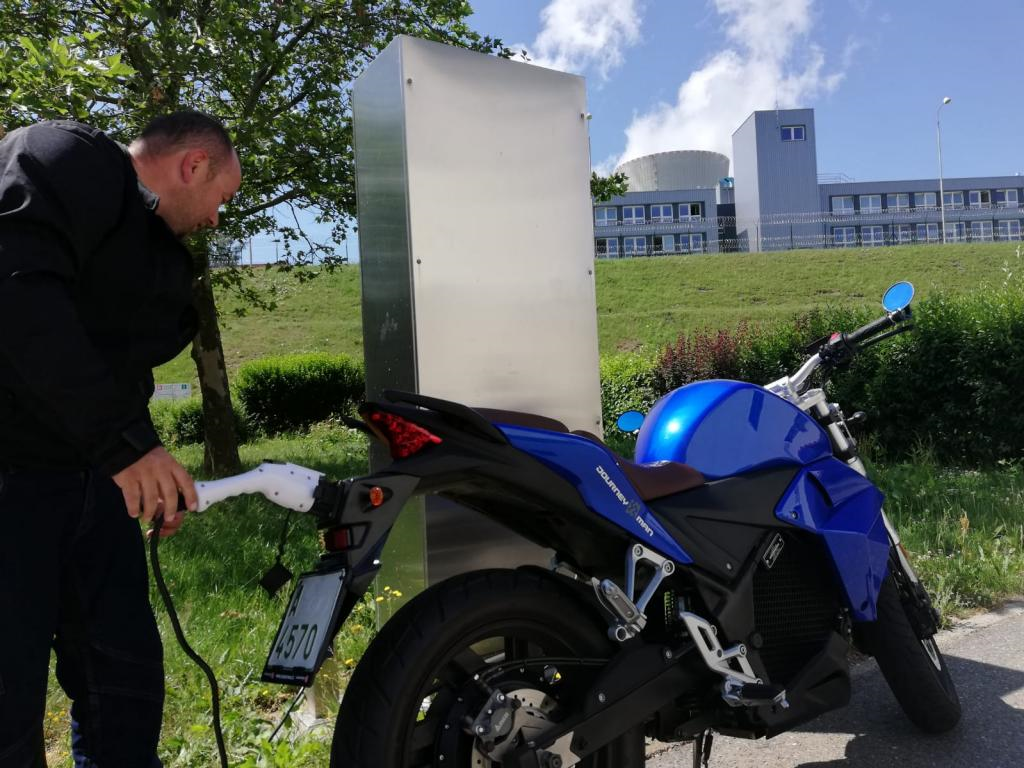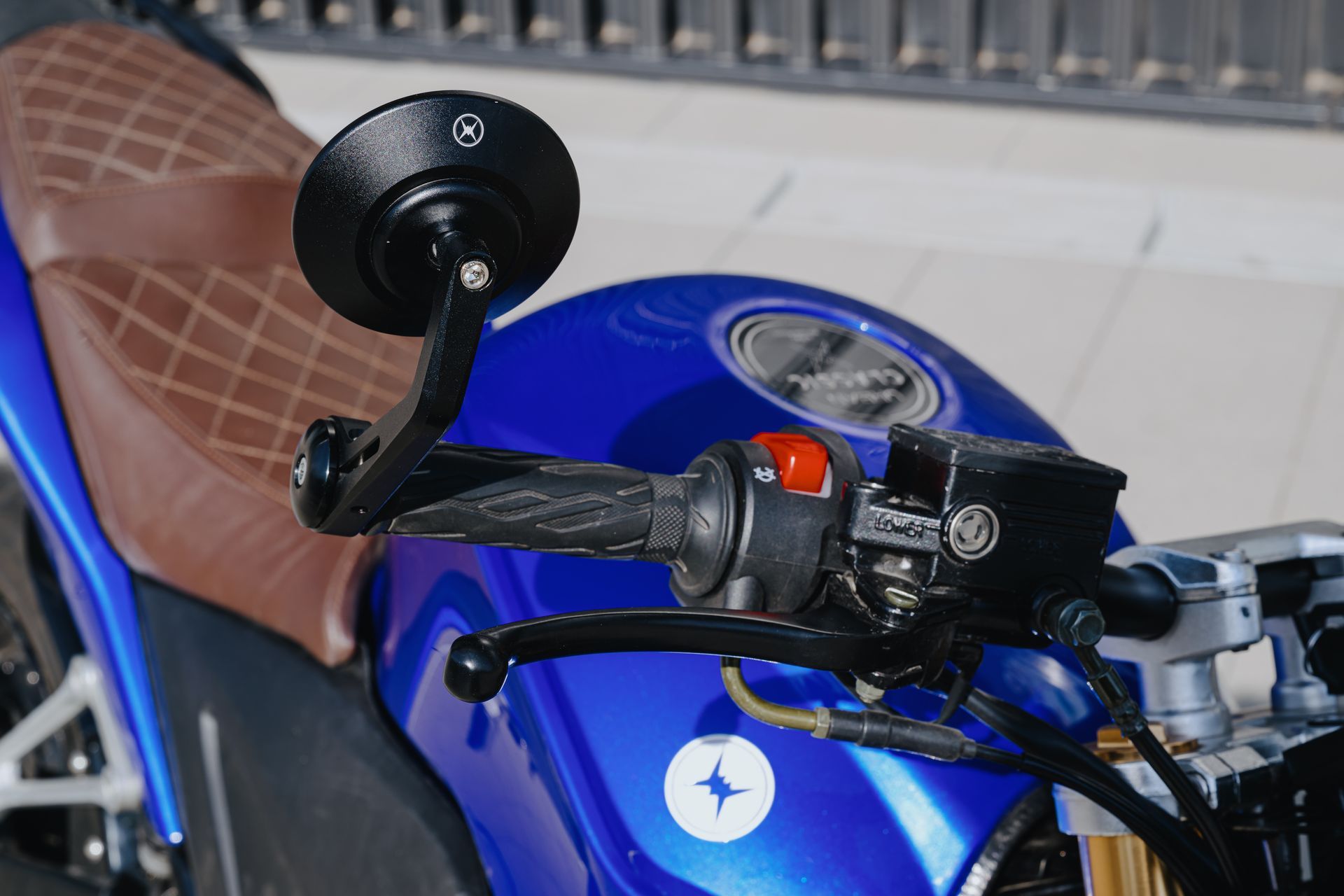Application Of IoT In Automotive Industry | Future Of Motorcycles
May 3, 2021
How a connected motorcycle could save thousands of lives.
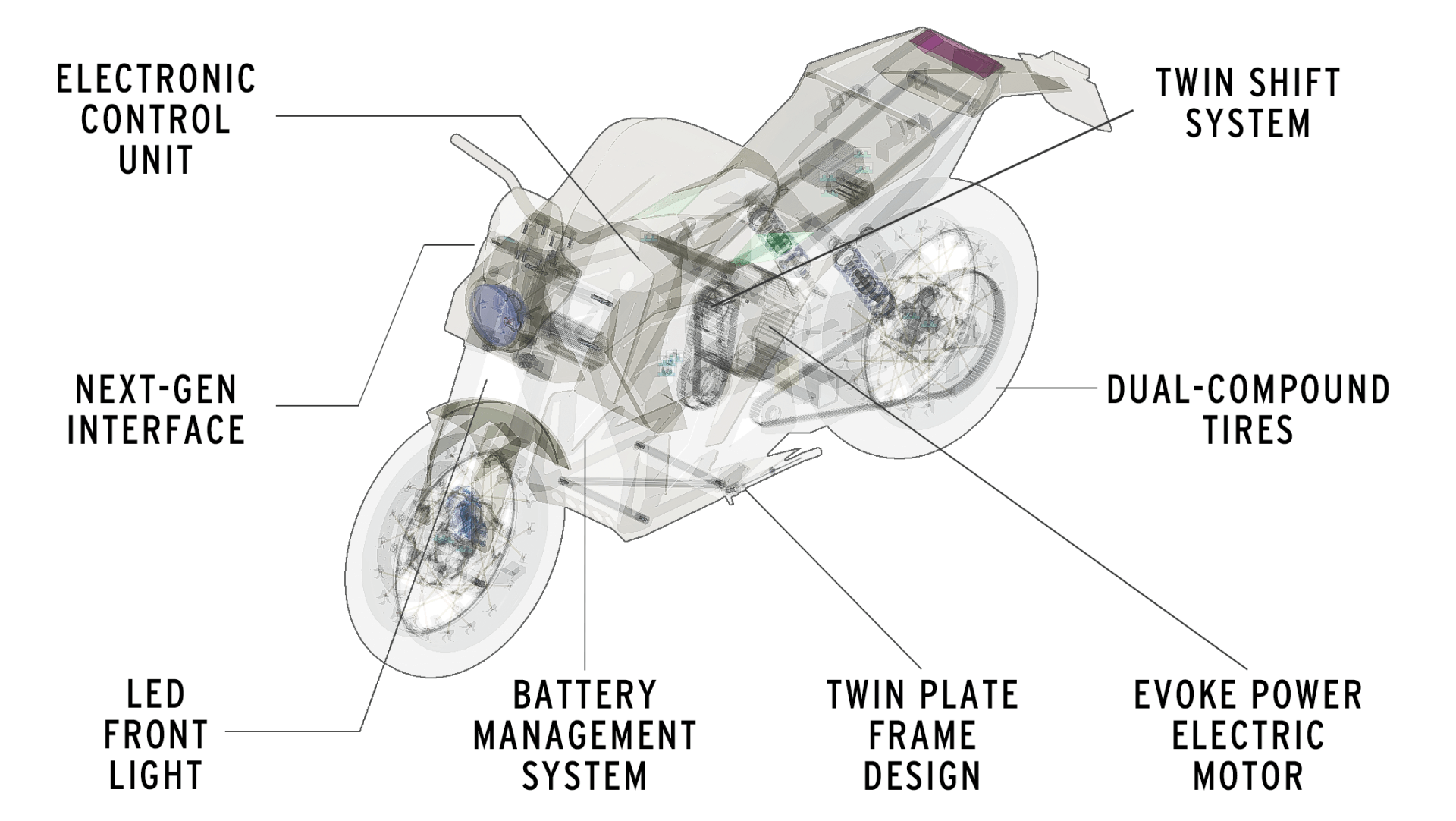
The motorcycle has always been, for better or for worse, the car’s little brother - lurking in the shadows, well away from the automotive mainstream. Today, in most of the western world, motorcycling is an enthusiast’s game - more a sport than a means of transportation. However, in large swathes of the developing world, most motorised locomotion still takes place on humble two wheelers. It wasn’t so long ago that this used to be the case in the United States and Europe as well. In a world where congestion and sky rocketing parking can a heavy burden on any family motorcycles become an attractive and economic method of transport. Moreover with the development of electric power train it allows for more than ever-before. However many fear and say that motorcycles in general aren't safe.
Why Connected Smart Motorcycle?
Just making a “thing” an “internet of things” …thing, isn’t good enough. It has to have a purpose. A reason. It needs to do something cool or why bother?
Really — if I had a connected doorbell I would have to lure the dog away from the door to be able to hear the person, or the speaker would have to be really loud. I would have to have the dog treat dispenser too or the doorbell wouldn’t work. Plus the dog
loves
chatting with people at the door, I couldn’t take that away from him, it would be cruel and unusual punishment.
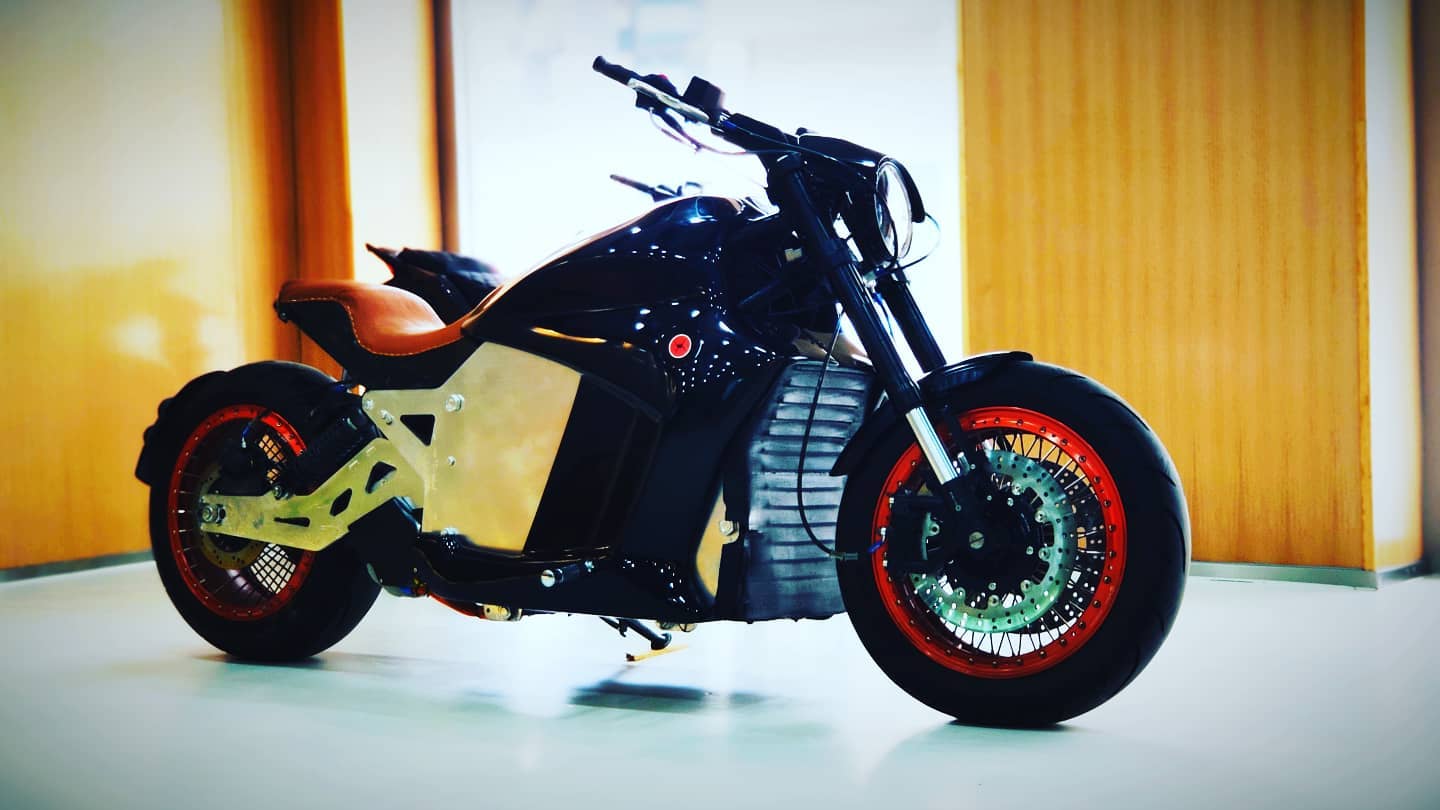
In some ways you could say Evoke Motorcycles created an onboard assistant that help both new riders as well as motorcycle heavyweights to ride and enjoy riding without looking over your shoulder thinking of the vehicle and focus on the road itself making riders more aware of their surroundings and other motorists.
Ride safe and don't forget to share and subscribe to get our lates updates
Ride safe and don't forget to share and subscribe to get our lates updates
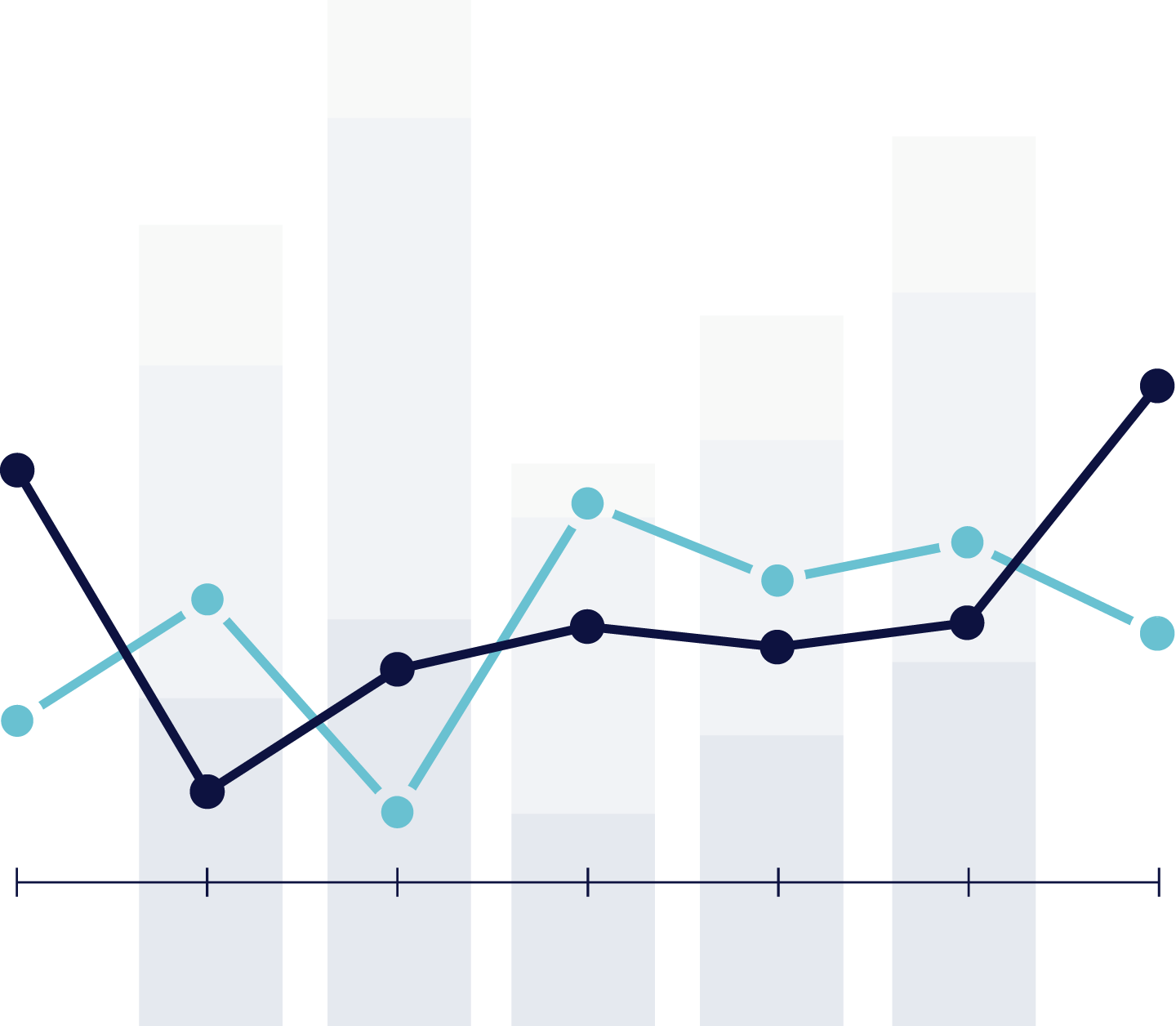
Data logging for electric vehicles offers numerous benefits. Firstly, it enables vehicle owners and enthusiasts to comprehensively analyse and evaluate their vehicle's performance. By recording essential parameters such as engine RPM, speed, throttle position, and braking force, among others, data logging facilitates the identification of areas for improvement, fine-tuning of vehicle settings, and tracking of performance changes over time. Furthermore, data logging serves as a valuable diagnostic and troubleshooting tool, providing crucial information about sensor readings, error codes, and system behaviour during specific events or conditions. This empowers mechanics and vehicle owners to identify problems accurately and make informed decisions regarding repairs or maintenance. For performance enthusiasts, data logging allows customization and optimization of vehicle settings, as continuous monitoring and logging of performance data enable precise fine-tuning of engine parameters, suspension settings, and other components. This approach helps achieve desired performance characteristics while maximizing efficiency. Importantly, data logging contributes to safety by providing insights into driver behaviour and vehicle performance, recording data related to acceleration, braking, speed, and other parameters. This information can be utilized for training purposes, monitoring driving habits, and assessing vehicle performance during critical situations. Thus, data logging proves to be an invaluable tool, offering multifaceted advantages for vehicle owners, enthusiasts, mechanics, and the automotive industry as a whole. When it comes to Evoke Motorcycles, collected data is used for identifying errors and potential areas of improvement in prototypes and other models. If an error or an abnormality comes up in the data, it can be easily noticed and traced to its origin, helping identify the root of the problem. Furthermore, using data brings valuable insights into driver behaviour and its variety. If one behaviour is more prevalent than the other, or there are many, the design or parameters can be manipulated to better suit the driver and make the driving experience much more pleasant and comfortable. In the future, data analytics are planned to be shifted in the hands of AI/ML providing instantaneous criteria and analysis on the go, as the data is being collected. This will fully automate the process and result in much more detailed diagnostics once the AI is sufficiently trained on the past data processes. All of the data is collected and stored within the vehicle, as this surpasses the limitation of servers. If the data is stored within a server in one country, a user in the other might not be able to access it. If the data is stored inside the Evoke motorcycle itself, the user can access it at any point and maintains full control of their own riding data. If there are any issues with the electric motorcycle, or the user would like to understand their riding data better, it can be easily sent to Evoke for review, bypassing any geopolitical limitations that would be otherwise present with the use of servers. The vehicle records up to 10 hours of riding data and is collected every 0.5 seconds. As of 2024, the 120 collected data points make up the five main data pools:
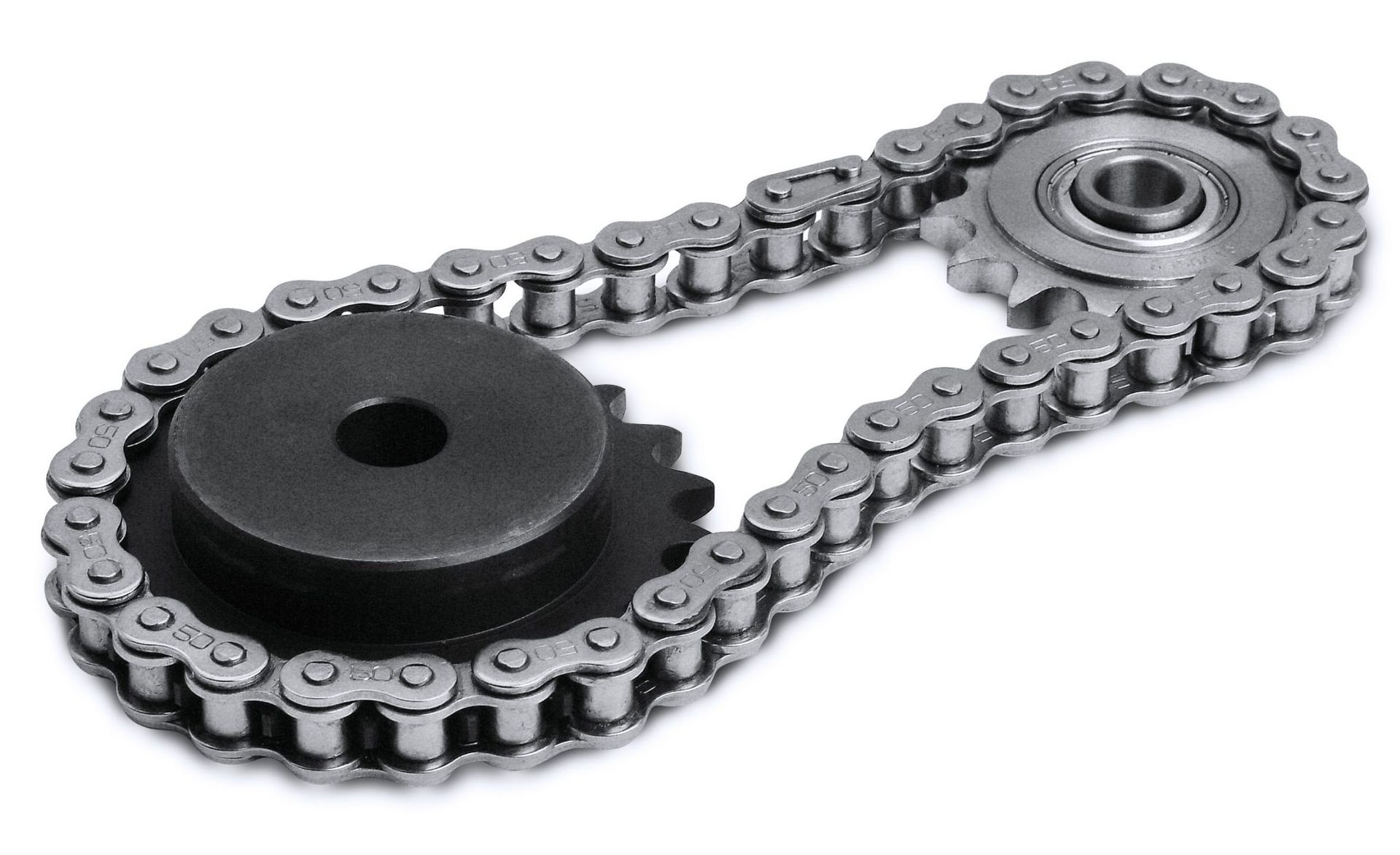
Vehicles, that run with combustion engines or ICEs rely on a jackshaft to efficiently distribute the produced power or simply optimise the conversion of energy to the wheels of the vehicle. ICEs cannot automatically regulate the speed of their rotation. In order to control it, different gears are introduced, to be able to increase and decrease the torque. If the jackshaft is part of a transmission system, it may have multiple gears or pulleys of different sizes attached to it. These gears or pulleys can have different ratios, allowing for torque conversion or speed adjustment. Gear ratio can be calculated via the formula below:
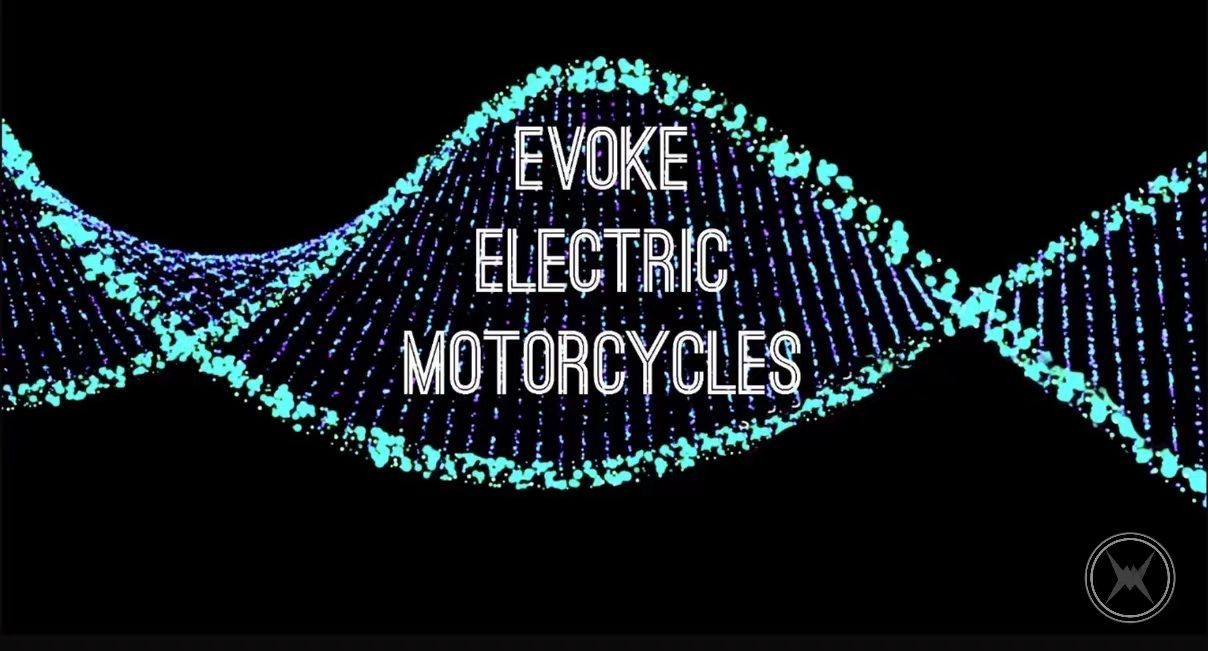
In terms of automotive there may be a handful of principles that determine the overall form and componentry present on a vehicle. Inescapable is physics, aspirational is performance but as another 20th century icon dictated, there's no escaping the bottom line and in manufacturing that means a need to establish and maintain a lean operational footprint.
